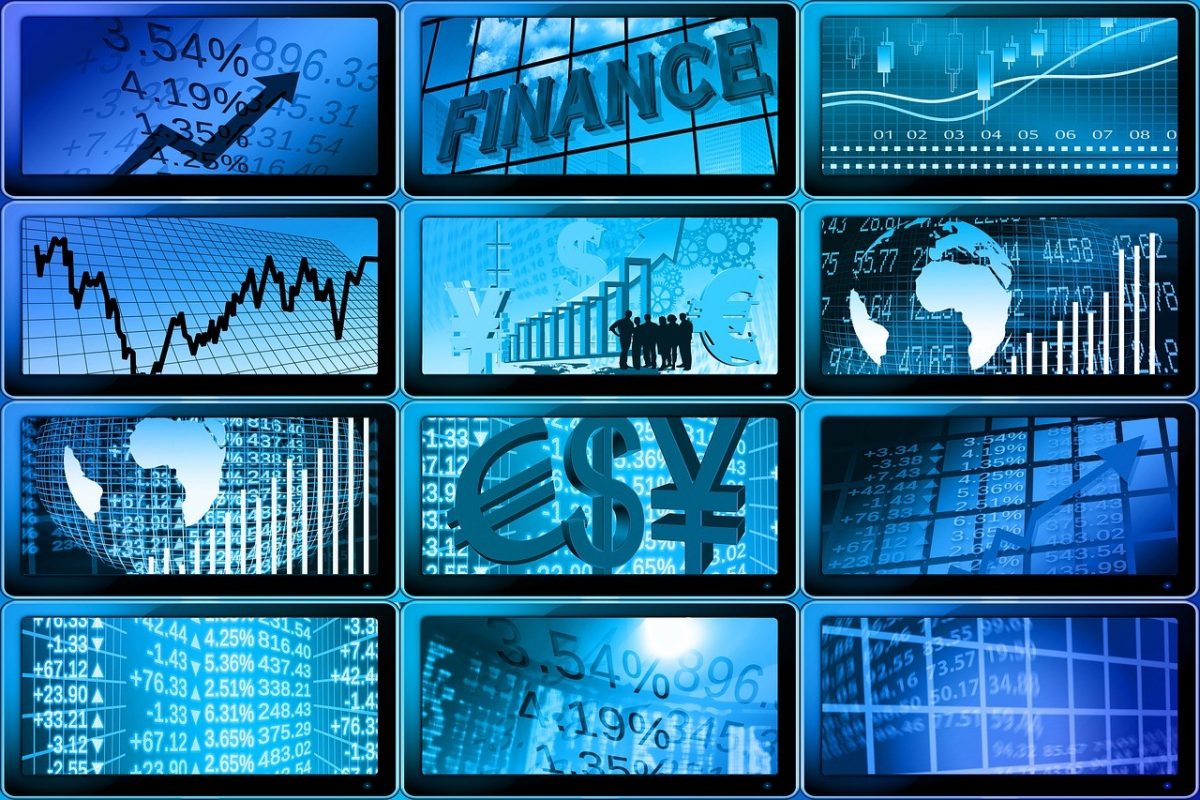The Heritage Foundation has released its latest report on economic freedom. We provide the Executive Summary here.
The cumulative downward pressure on the world economy is the product of bad economic policy choices from the coronavirus pandemic period, higher inflation, Russia’s ongoing invasion of Ukraine, and a broader conflict in the Middle East, among other economic and geopolitical tensions.
The abrupt and shortsighted renunciation of the principles of economic freedom in many countries has further risked not only undercutting much-needed stronger economic recovery, but also sacrificing long-term economic resilience and prosperity. Many countries around the world, for example, are already mired in a greater debt burden that prolongs economic stagnation.
A return to business as usual will not suffice. In addition to the impacts of the pandemic on public finances, countries face many long-term structural challenges in the policy areas of transparency, efficiency, openness, and government effectiveness.
More than ever, it should be remembered that a nation’s true capacity for lasting growth and prosperity hinges on the quality of its institutions and economic system. Many nations around the globe are now at a crossroads. The question is whether they will recognize the paramount need to correct the current policy course and reinvigorate their commitment to preserving and advancing economic freedom, which has proven to be crucial to human flourishing and the achievement of real progress.
KEY FINDINGS OF THE 2024 INDEX OF ECONOMIC FREEDOM
- The 2024 Index, which considers economic policies and conditions in 184 sovereign countries from July 1, 2022, through June 30, 2023, reveals a world economy that, taken as a whole, is “mostly unfree.” Regrettably, the global average score for economic freedom has fallen further from the previous year’s 59.3 and is now the lowest it has been since 2001: only 58.6.
- Globally, fiscal soundness has deteriorated significantly. Rising deficits and mounting public debt in many countries have undermined and will likely further undercut their overall productivity growth and ultimately lead to economic sluggishness rather than vibrant growth.
- Despite the notable downturn in global economic freedom, there continues to be a clear relationship between improved economic freedom and improved economic dynamism as well as greater overall well-being. No matter what their existing level of development may be, countries can measurably boost their economic growth by implementing policies that reduce taxes, rationalize the regulatory environment, open the economy to greater competition, and fight corruption, all of which will also help to advance their overall economic freedom.
- The standard of living, measured by incomes per capita, is much higher in economically freer countries. Countries rated “free,” “mostly free,” or “moderately free” in the 2024 Index generate incomes that are more than double the average levels in other countries and more than three times higher than the incomes of people living in economically “repressed” countries.
- As documented once again in the 2024 Index, economic freedom also correlates significantly with overall well-being, which includes such factors as health, education, the environment, innovation, societal progress, and democratic governance.
- As shown in the ranking table below, only four countries (down from seven in the 2022 Index) recorded economic freedom scores of 80 or more, putting them in the ranks of the economically “free;” 22 countries earned a designation of “mostly free” by recording scores of 70.0 to 79.9; and an additional 55 countries were considered at least “moderately free” with scores of 60.0 to 69.9. Thus, a total of 81 countries, or slightly less than half of the 176 countries graded in the 2024 Index, have institutional environments in which individuals and private enterprises benefit from at least a moderate degree of economic freedom in the pursuit of greater economic development and prosperity.
- On the opposite side of the spectrum, more than 50 percent of the countries graded in the 2024 Index (95 economies) have registered economic freedom scores below 60. Of those, 62 are considered “mostly unfree” (scores of 50.0 to 59.9), and 33, including China and Iran, are in the economically “repressed” category.
- Within the top 10 rankings, a notable reshuffling has taken place. Singapore has maintained its status as the world’s freest economy, demonstrating a high level of economic resilience. Switzerland is the world’s second freest economy, followed by Ireland, and Taiwan has moved up to the fourth slot, the highest rank the country has ever achieved in the Index of Economic Freedom. Both New Zealand and Australia have lost their top-tier economic freedom status, with Australia no longer among the world’s 10 freest economies.
- Especially notable is the continuing decline within the “mostly free” category of the United States, whose score plummeted to 70.1, its lowest level ever in the 30-year history of the Index. The U.S. is now the world’s 25th freest economy. The major causative factor in the erosion of America’s economic freedom is excessive government spending, which has resulted in mounting deficit and debt burdens.
All in all, the ongoing recovery remains uneven and uncertain with strikingly different outcomes across countries, sectors, and demographic groups. Output and employment gaps remain in many countries, particularly in emerging markets and developing economies, suggesting that countries face vastly different policy challenges during recovery and beyond.
